
Here’s a preview of the featured content to watch for this week on Drug Topics®.

With all Americans over 12 years able to get vaccinated for COVID-19 and the CDC releasing recent changes to guidelines for fully vaccinated individuals, it’s more important than ever to stay up-to-date on COVID-19 headlines.
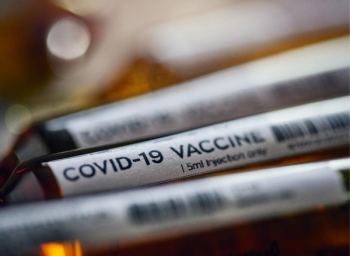
The CDC today announced an updated guidance on mask wearing and social distancing for individuals fully vaccinated against COVID-19.
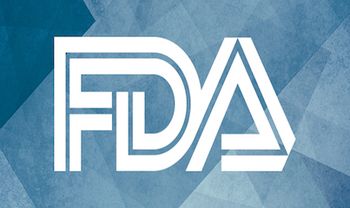
The FDA has expanded the emergency use authorization for the COVID-19 vaccine to include individuals 12 to 15 years of age.

Good Neighbor Pharmacy, AmerisourceBergen’s network of independent community pharmacies, launched a COVID-19 Vaccines Pharmacy Locator Tool on MyGNP.com.

Here’s a preview of the featured content to watch for this week on Drug Topics®.

Here’s a roundup of the latest coronavirus-related news.
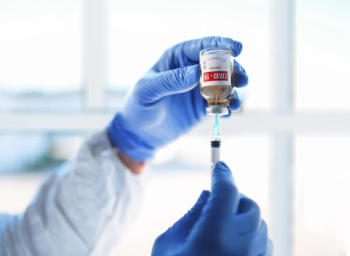
Pfizer and BioNTech have initiated rolling submission of their Biologics License Application for full approval of BNT162b2.

Here’s a preview of the featured content to watch for this week on Drug Topics®.
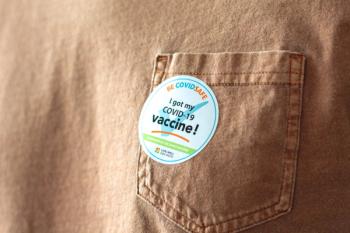
Here’s a roundup of the latest coronavirus-related news.

Here’s a preview of the featured content to watch for this week on Drug Topics®.
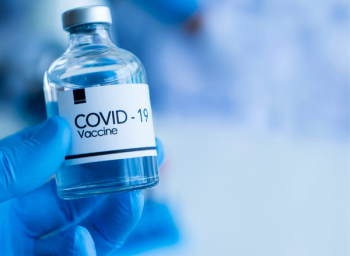
A committee of vaccine advisers to the CDC convened to discuss the risk of a rare blood clotting condition linked to the Johnson & Johnson COVID-19 vaccine.

Here’s a roundup of the latest coronavirus-related news.

Patrick Yoder, PharmD, discusses the impacts of the impending ASHP guideline updates, how to build drug diversion processes, and the ways that technology can target drug diversion.
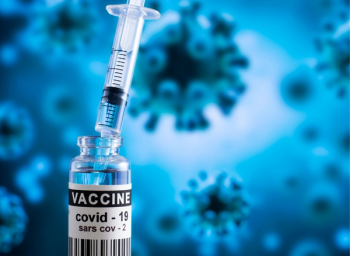
The European Medicines Agency determined that the benefits of Johnson & Johnson’s COVID-19 vaccine outweigh the risks. The vaccine is still paused in the United States.

Here’s a preview of the featured content to watch for this week on Drug Topics®.

Beginning this week, the OTC self-administered rapid antigen test will be available in Walgreens stores for $23.99.

Here's a roundup of the latest coronavirus-related news.

Here’s a preview of the featured content to watch for this week on Drug Topics®.
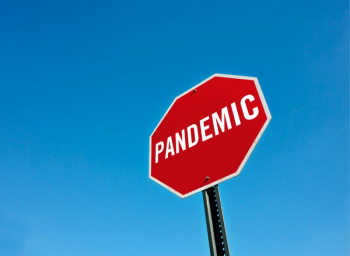
Here's the roundup of COVID-19 related news from this week.

What workflow is best for your pharmacy team?

Here’s a preview of the featured content to watch for this week on Drug Topics®.

Pharma Logistics announced it has secured the Pharmaceutical Reverse Distribution Program with the Department of Defense.

Here’s a roundup of the latest coronavirus-related news.

How can pharmacies adapt to patients’ changing needs and embrace this evolution of care moving forward?

Here’s a preview of the featured content to watch for this week on Drug Topics®.
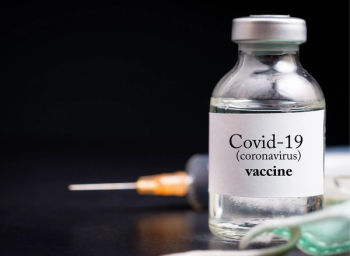
Here’s a roundup of the latest coronavirus-related news.

NCPA applauded the Michigan’s House passage of the legislation, which would reform many PBM reimbursement practices in the state.
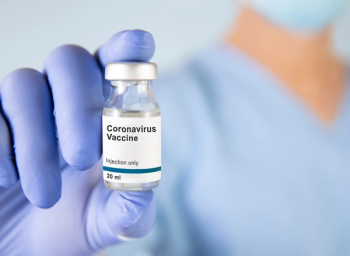
The updated analyses of the AZD1222 COVID-19 vaccine will be submitted to the FDA for emergency use authorization, according to AstraZeneca.